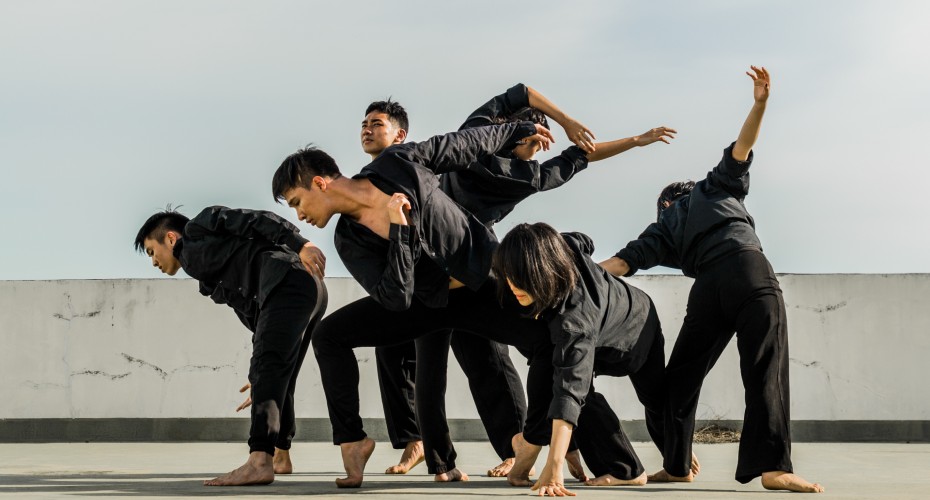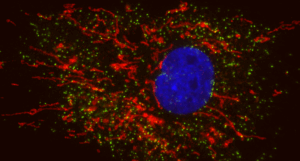Group-based performing arts therapies reduce symptoms of anxiety and depression – review

Photo by Haste LeArt V.
Performing arts performed in groups appears to lower anxiety and depression, according to a review of available evidence.
Researchers at the University of Exeter looked at the effect of group-based performing arts-based therapies on symptom severity, wellbeing, quality of life, functional communication or social participation. In a study published in BMJ Open, the researchers reviewed 171 studies, and took 12 forward to inclusion, which met the screening criteria.
Published from 2004 to 2021, the studies involved a total of 669 participants with anxiety and/or depression, from nine countries and covered five broad forms of performance art: dance music therapy, art therapy, martial arts-based therapies and theatre. Dance was the most studied art form, with five studies included in the review.
Led researcher Dr Max Barnish, of the University of Exeter Medical School, said: “Anxiety and depression are major global health challenges, for which we desperately need non-drug treatments that reduce symptoms. Our review found real promise across a range of studies – but this field of research has stagnated. We now need researchers to work across the performing arts to compare group therapies to each other, so we can establish which type of activity is most effective in reducing symptoms.”
Anxiety and depression severity were the outcomes that received most interest among researchers. A quarter of studies also looked at wellbeing, such as satisfaction with life, or how the arts improved people’s ability to interact socially. Only two studies looked at quality of life, while no studies looked at benefits on everyday communication. The review found that, while the field shows promise, there is plenty room for development in the evidence base.
The paper is entitled ‘Group-based active artistic interventions for adults with primary anxiety and depression: a systematic review’, and is published in BMJ Open.



